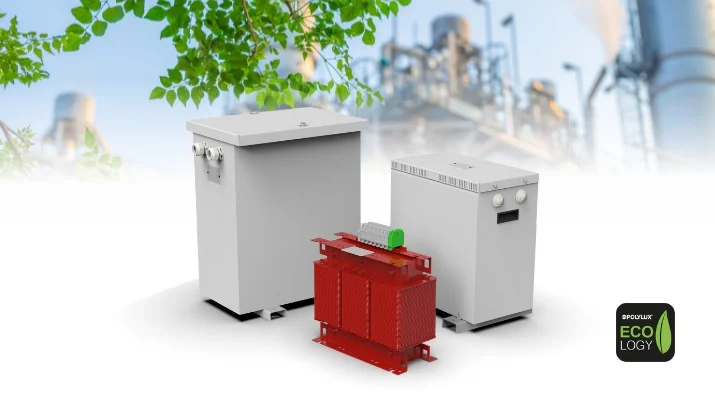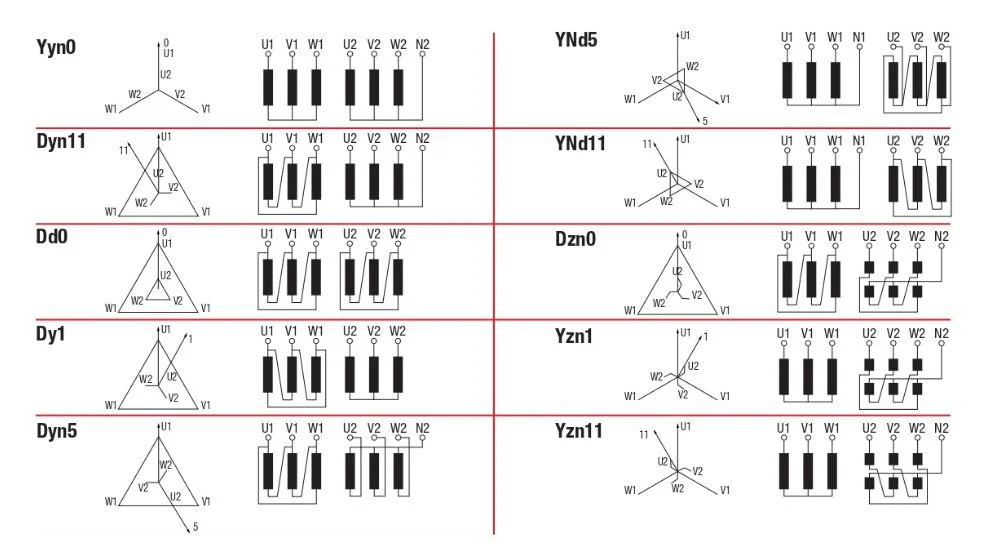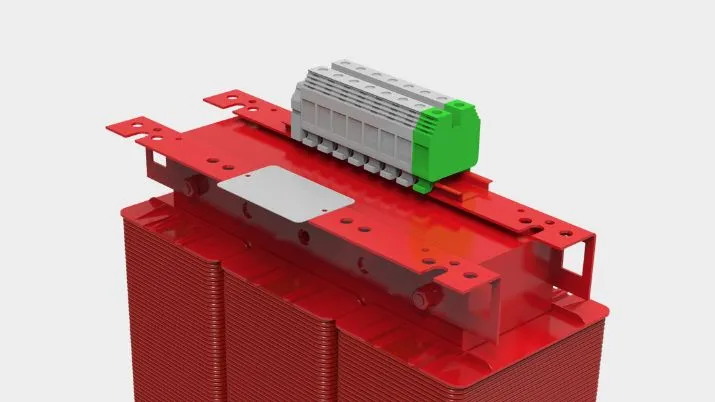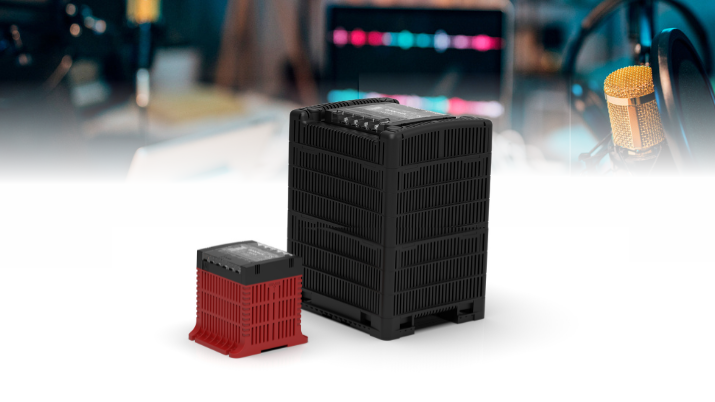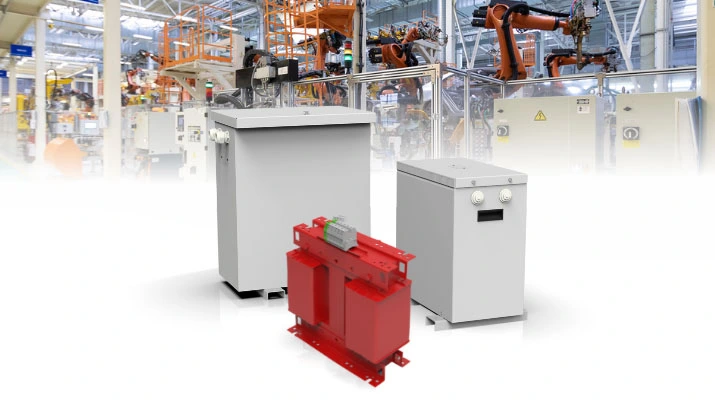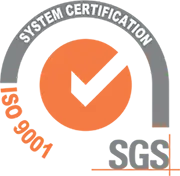In the previous article, we talked about the protections of a transformer against short circuits and overloads, by means of circuit breakers or fuses. There is a type of intrinsic protection against overtemperatures, by means of probes and control units or control relays.
The probes are dimensioned at a temperature below the limit of the insulation class applied on the transformer.
Two probes can be arranged per phase, one for alarm temperature and the other for triggering. If only one is placed it must be set to the maximum trigger temperature gauge.
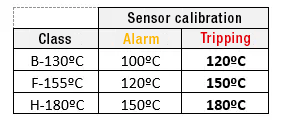
They can be of three types:

You may also be interested in:
Share this tutorial
Related tutoriales
Newsletter
RECEIVE OUR NEWS IN YOUR E-MAIL
